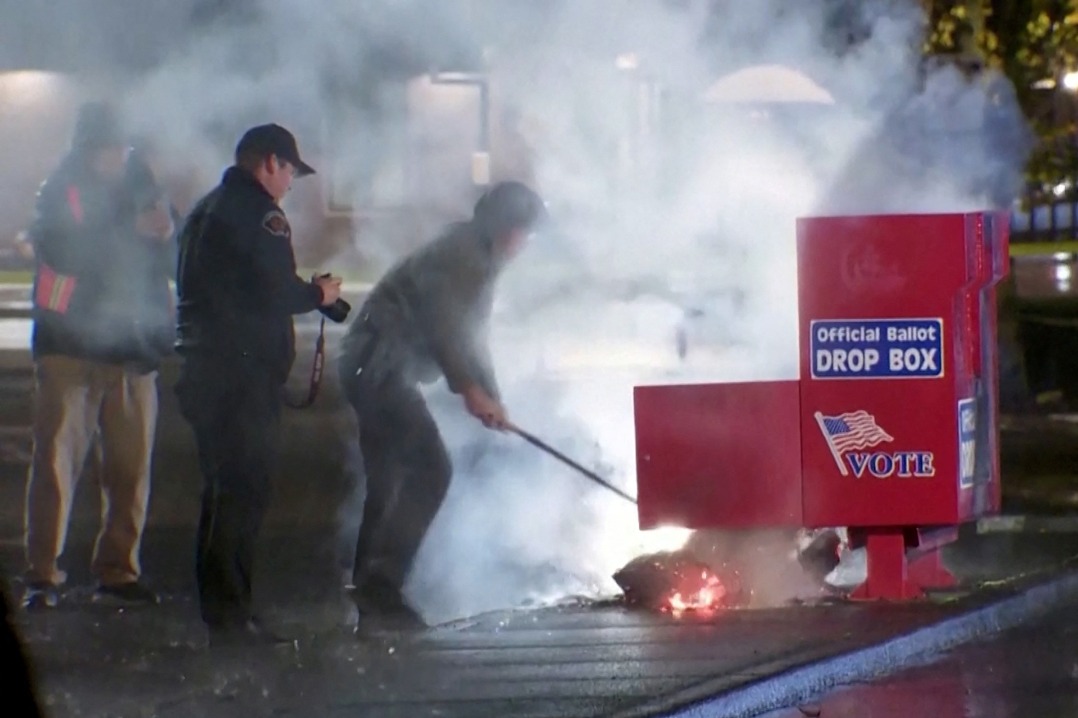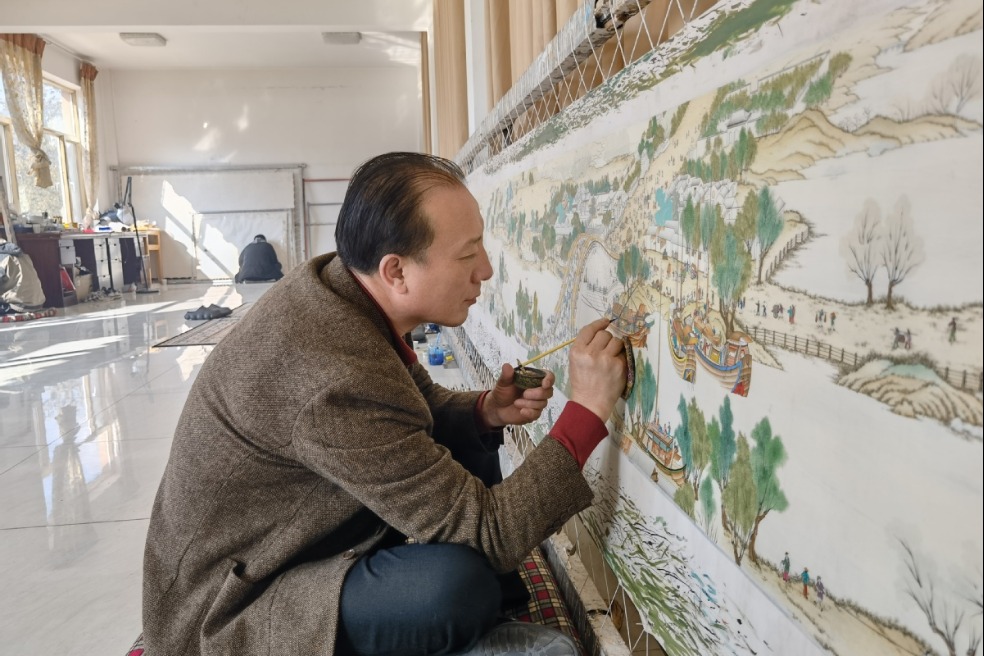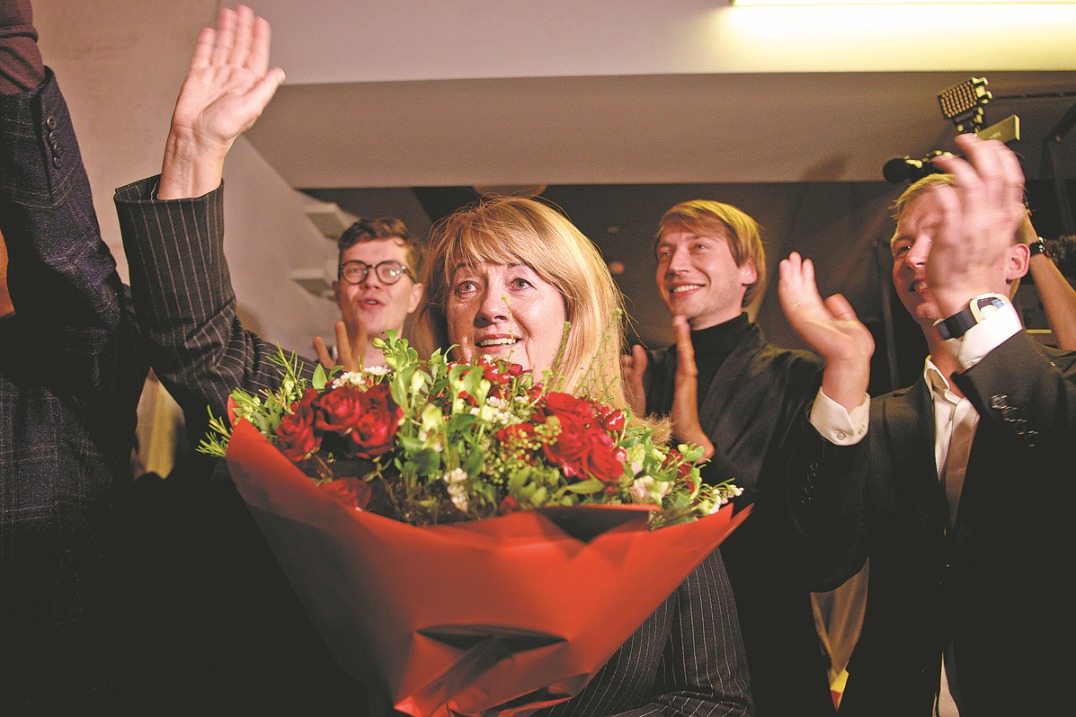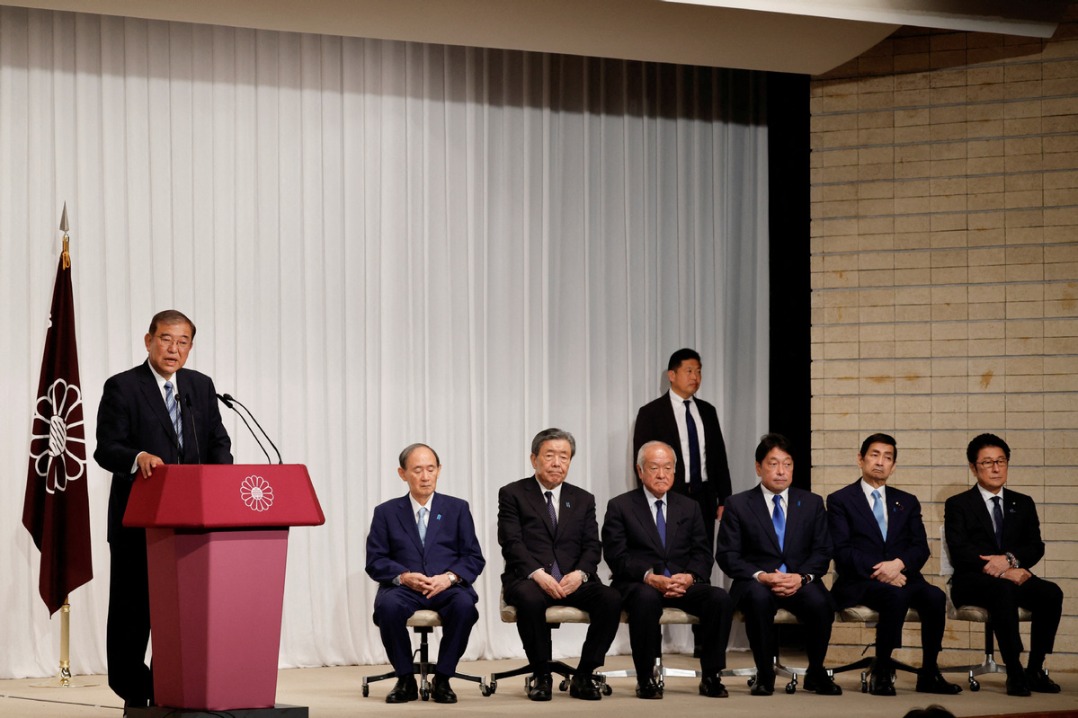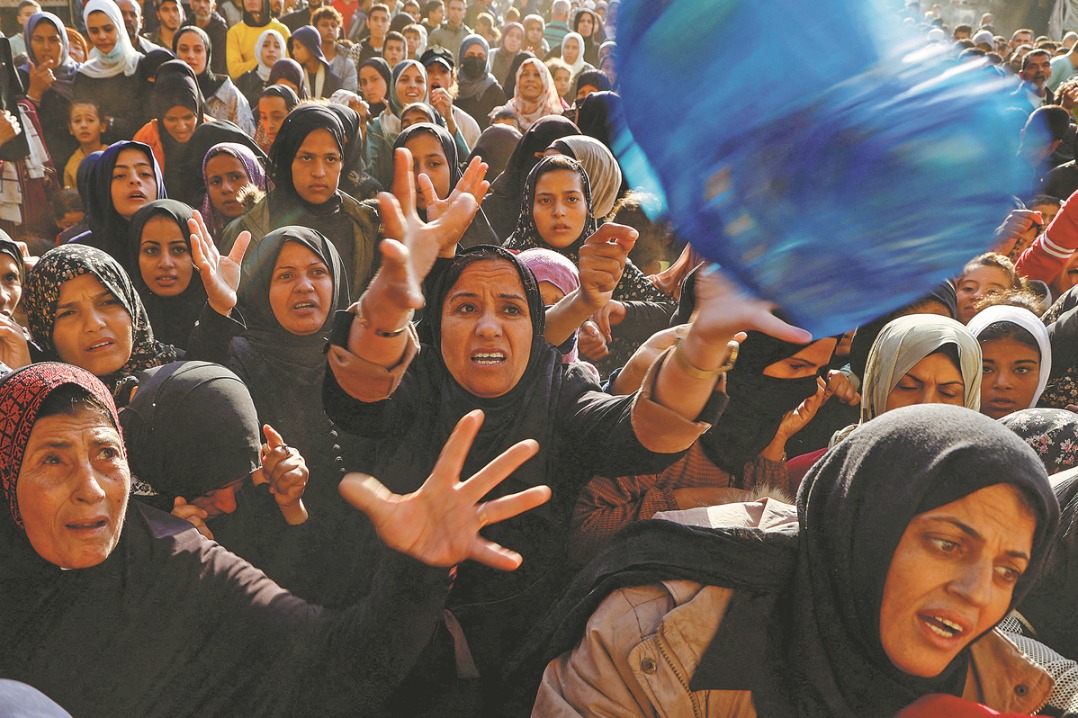Xi, Putin reach consensus on Korean Peninsula, anti-missile system, Syria, Afghanistan

MOSCOW - President Xi Jinping met with his Russian counterpart, Vladimir Putin, here on Tuesday, and the two leaders reached consensus on issues concerning the Korean Peninsula, the deployment of anti-missile system in Europe and the Asia-Pacific, Syria and Afghanistan.
In a joint statement, the two presidents called for uttermost restraint of all parties concerned on the Korean Peninsula issue so as to ease the current escalating tensions, adding that Pyongyang should abide by relevant resolutions of the UN Security Council.
Xi and Putin vowed to work together and establish a comprehensive and effective security mechanism in Northeast Asia as early as possible, so as to secure lasting peace and stability in the region.
Dialogue and consultation are the only viable solution to the Peninsula crisis, said the two leaders, adding that all parties concerned should actively echo China's efforts to resume talks.
They also opposed the unilateral installation of anti-missile system in Europe and the Asia-Pacific by some specific countries at the expense of others' security interests.
Specifically, the development of anti-missile system is alarming, as some countries use the excuse of the so-called missile threat to unilaterally deploy anti-missile systems in the two aforementioned regions, said the two leaders.
China and Russia strongly oppose such moves, as they will erode the regional strategic balance and stability, and harm the efforts of all parties concerned to thwart the proliferation of missiles and other deadly technologies.
Regarding the Syria issue, the two countries called for the respect of Syria's sovereignty and independence, and urged wide dialogue inside the Middle Eastern nation to settle the current crisis through political and diplomatic means.
The United Nations should play a leading role in managing the peace talks between the Syrian government and the opposition and combating international terrorism, according to the document.
China and Russia spoke highly of the latter's sending of its air force to Syria at the invitation of the Syrian government in a bid to conduct anti-terrorism targets and protect the country's territorial integrity and sovereignty.
As for the Syrian chemical weapon, Xi and Putin said all relative parties should respect the country's sovereignty, and support the independent and comprehensive investigation of this issue by reliable agencies based on solid evidences, so as to reach undisputed conclusions.
They also denounced any use of chemical weapons by anybody at any place.
Speaking of the situation in Afghanistan, Xi and Putin expressed worries over the expansion of extremist terrorist groups such as the Islamic State in the Asian country.
















